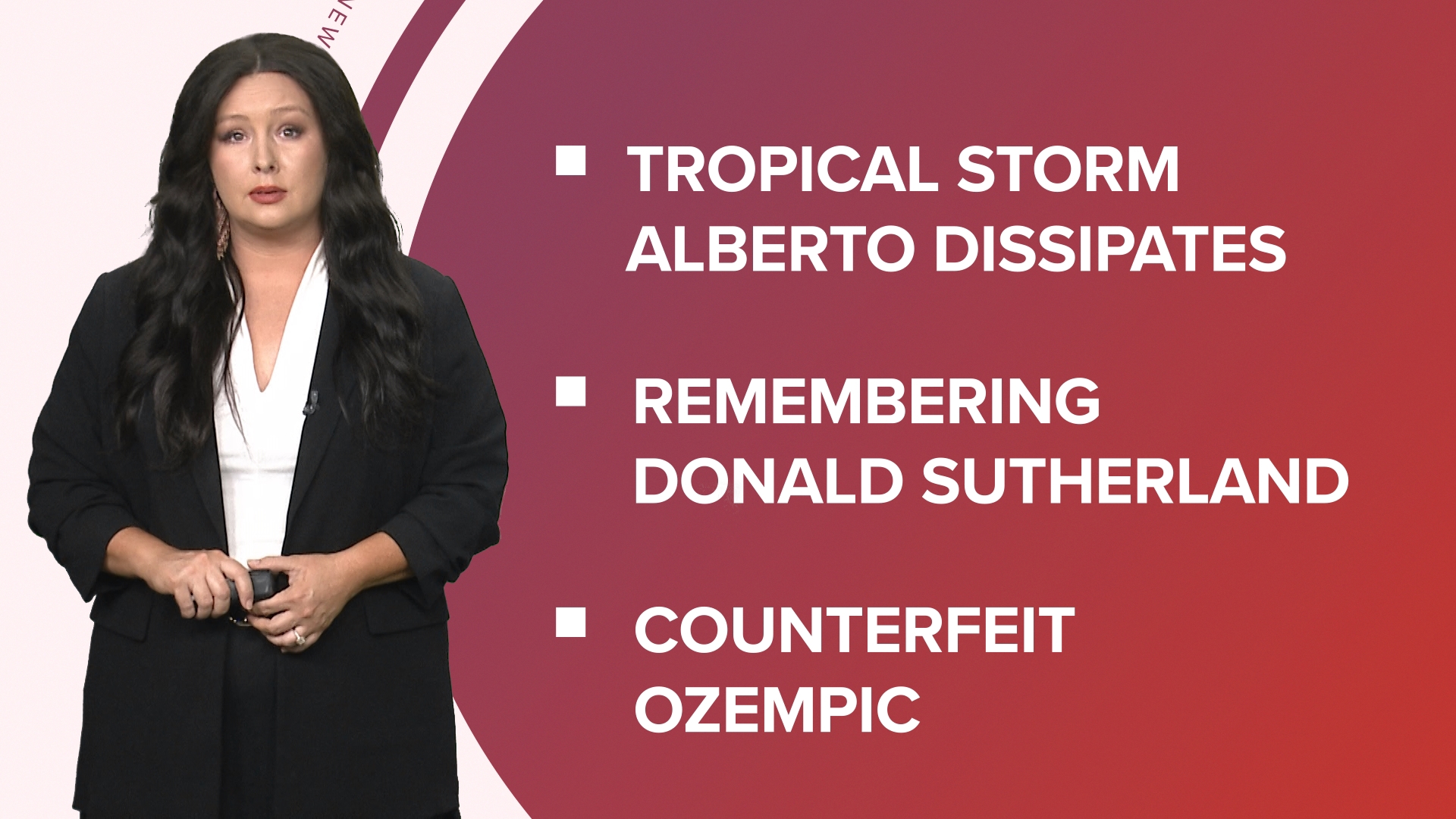WASHINGTON — A D.C. doctor accused of running a pill mill that spanned dozens of states wants a federal judge to order the government to reveal the identity of any confidential informants used in his case.
Dr. Ndubuisi Joseph Okafor is scheduled to go to trial in October on 29 counts of conspiracy and unlawful distribution of substances for allegedly using his practice, Okafor Medical Associates, to sell unlawful opioid prescriptions for cash. In charging documents, federal prosecutors say Okafor used a network of trusted customers and false IDs to prescribe more than 200,000 pills of controlled substances between March and November 2022 across 37 states.
“The defendant was at the helm of a national criminal drug distribution ring, made possible by his status as a medical doctor and license to prescribe controlled substances,” prosecutors wrote in an evidentiary motion earlier this week.
In the motion, prosecutors describe much of the case they intend to bring against Okafor at trial, including the testimony of a confidential witness who received at least 19 oxycodone and codeine prescriptions from Okafor without examination and under numerous identities under a three-month period. Prosecutors said jurors will see similar evidence from 10 other non-cooperating witnesses who were allegedly among Okafor’s trusted customers, one of whom, they said, was issued at least 24 prescriptions for oxycodone and 133 prescriptions for promethazine with codeine in at least 21 states for either them or an affiliate.
In a filing this week, Okafor’s attorneys said they had learned the government’s investigation also involved the use of one or more confidential informants. On Tuesday, attorney John O. Iweanoge II asked U.S. District Judge John Bates to order the Justice Department to reveal the identity of any informants, saying it was necessary for their trial preparation.
“Due to the amount of discovery defendants has received, it is not possible for defendant to determine what involvement any ‘confidential informant(s)’ may have had in any alleged illegal activity,” Iweanoge wrote. “As a result, alleged ‘confidential informant(s)’ may have been present during the commission of alleged crimes charged against this defendant and/or witnesses events alleged by the government.”
Federal prosecutors are not generally required to reveal the identities of confidential informants unless and until they testify at trial or, under a 1957 Supreme Court ruling, if the informant was an actual participant in or witness to the alleged crime and the identity is necessary to the defense. Prosecutors are also not required to reveal the identity of an informant they themselves don’t have, as in the case of an anonymous tip, or that the defendant is already aware of. If prosecutors are ordered to reveal an informant’s identity and decline, a judge could potentially bar any evidence generated by that informant from being presented at trial.
The filing from Okafor’s attorneys was one of several aimed at undermining the conspiracy charge against him. Okafor’s attorneys have also asked Bates to hold a hearing to determine whether outside statements by alleged co-conspirators can be used at trial, as well as a hearing to determine whether there was, in fact, a conspiracy at all. In multiple filings, Okafor’s attorneys say they believe the discovery provided by the Justice Department disproves that.
Prosecutors have indicated they have more than statements from alleged co-conspirators to show jurors in October. They’re seeking to admit testimony from two medical experts who reviewed more than 1,400 of Okafor’s prescriptions, as well as recordings of his visits with undercover officers and confidential sources. According to prosecutors, the experts found Okafor was “operating a classic pill mill” out of his office where he used opioids as a “primary treatment option for every recorded visit.”
“Additionally, [the expert] observed what appeared to be actual ‘drug deals’ where Okafor would exchange each provided prescription for cash in the exam room,” prosecutors wrote.
Prosecutors will also seek to show jurors evidence that Okafor falsified medical records after he was notified of the death of one of his patients, identified in filings as “J.V.,” in November 2022 of an overdose of oxycodone and diphenhydramine. Prosecutors say between January 2021 and his death, Okafor prescribed J.V. oxycodone on 31 separate occasions.
Okafor’s attorneys have also asked Bates to bar any evidence about J.V. from trial, saying it would “only serve to inflame the jury.”
As of Friday afternoon, prosecutors had not filed responses to any of Okafor's latest motions.
Okafor, who was previously convicted in Maryland on federal charges of tax evasions and health care fraud, has been held without bond since his arrest in April 2023. Bates found Okafor posed a serious risk of flight based on his “extensive history of fraud and deception,” dual citizenship in Nigeria and the approximately $210,000 law enforcement recovered from his person, home and business checking account upon his arrest. He’s scheduled to begin trial before Bates on Oct. 14.

